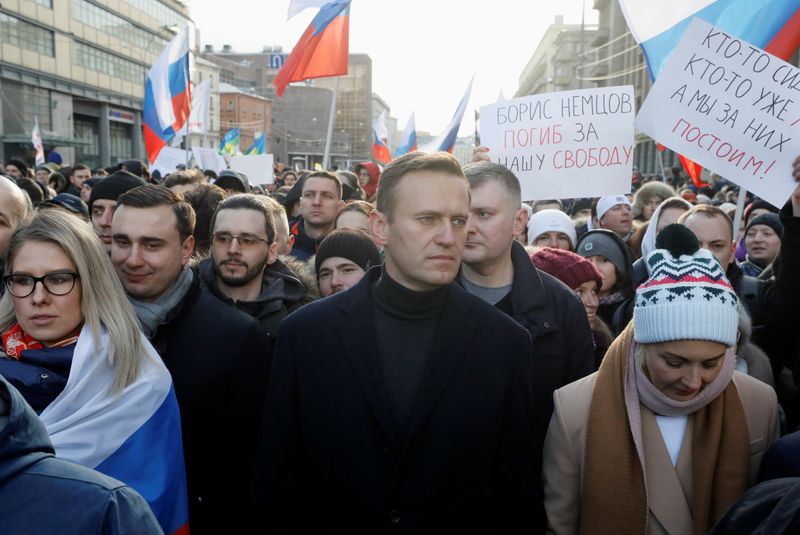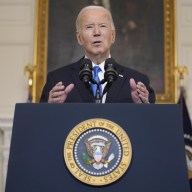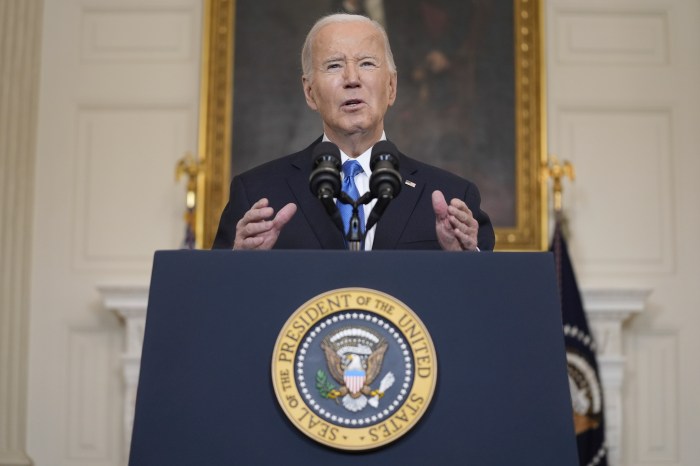MOSCOW (Reuters) – A Moscow court fined Russian opposition politician Alexei Navalny’s Anti-Corruption Foundation on Tuesday after finding it guilty of violating a “foreign agent” law.
The foundation specialises in publishing high-impact investigations into what is says is official graft. Those targeted have sometimes disputed its findings and taken successful legal action against it.
The two fines, totalling 600,000 roubles ($8,300), included one for failing to mark one of the foundation’s popular YouTube channels as belonging to a “foreign agent”, according to Navalny and his associates.
“The fine is absolutely illegal,” associate Lyubov Sobol wrote on social media, denying that the foundation should be classed as a “foreign agent”.
“The foundation has always received donations from Russian citizens only,” she said.
A 2012 law gives authorities the power to label non-governmental organisations and rights groups deemed to receive foreign funding for political activity as “foreign agents”, a label that carries negative, Soviet-era connotations.
Those organisations then have to attach this label to their publications and submit to spot inspections and bureaucratic scrutiny. They must also submit reports on their funding and expenditure.
“Now they are just fining us on a daily basis,” Navalny tweeted.
The court did not immediately respond to a request for comment.
Navalny said this month he would shut the foundation because of accumulated fines amounting to more than $1.2 million, but try to re-launch it under a new name.
The authorities have carried out frequent searches of the foundation’s offices and frozen its bank accounts. Its staff are routinely detained for organising and taking part in protests.
(Editing by Andrew Osborn and)



















